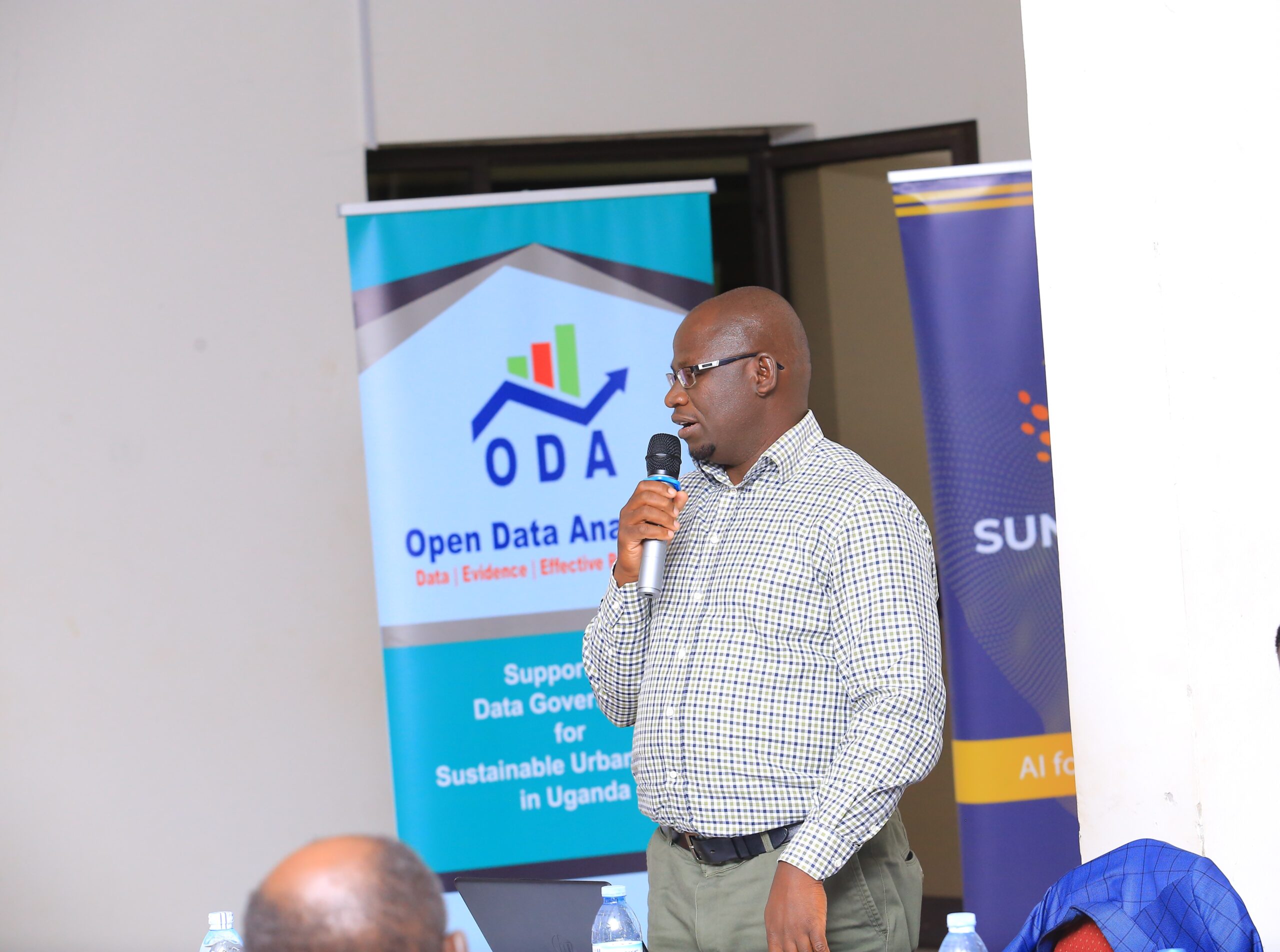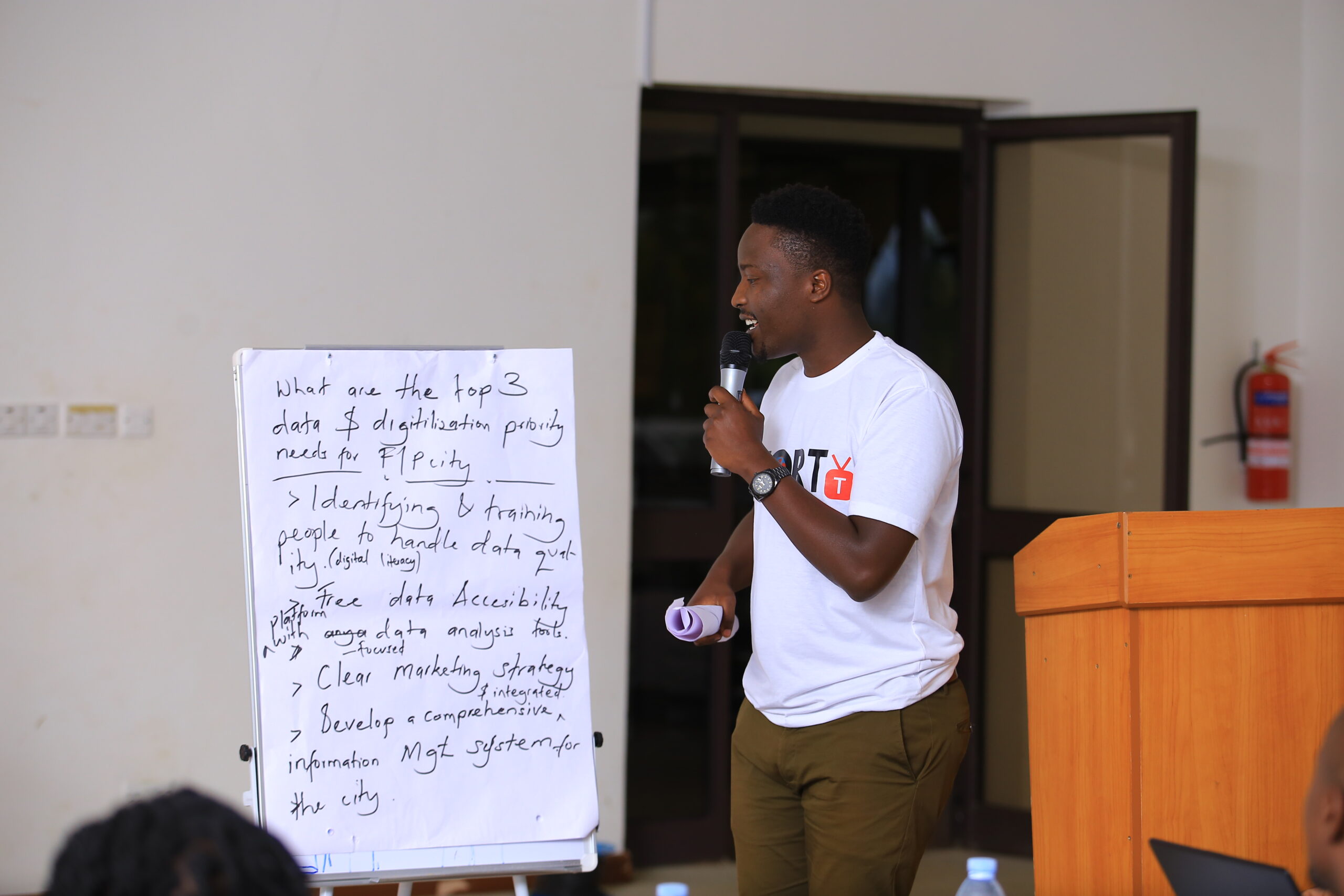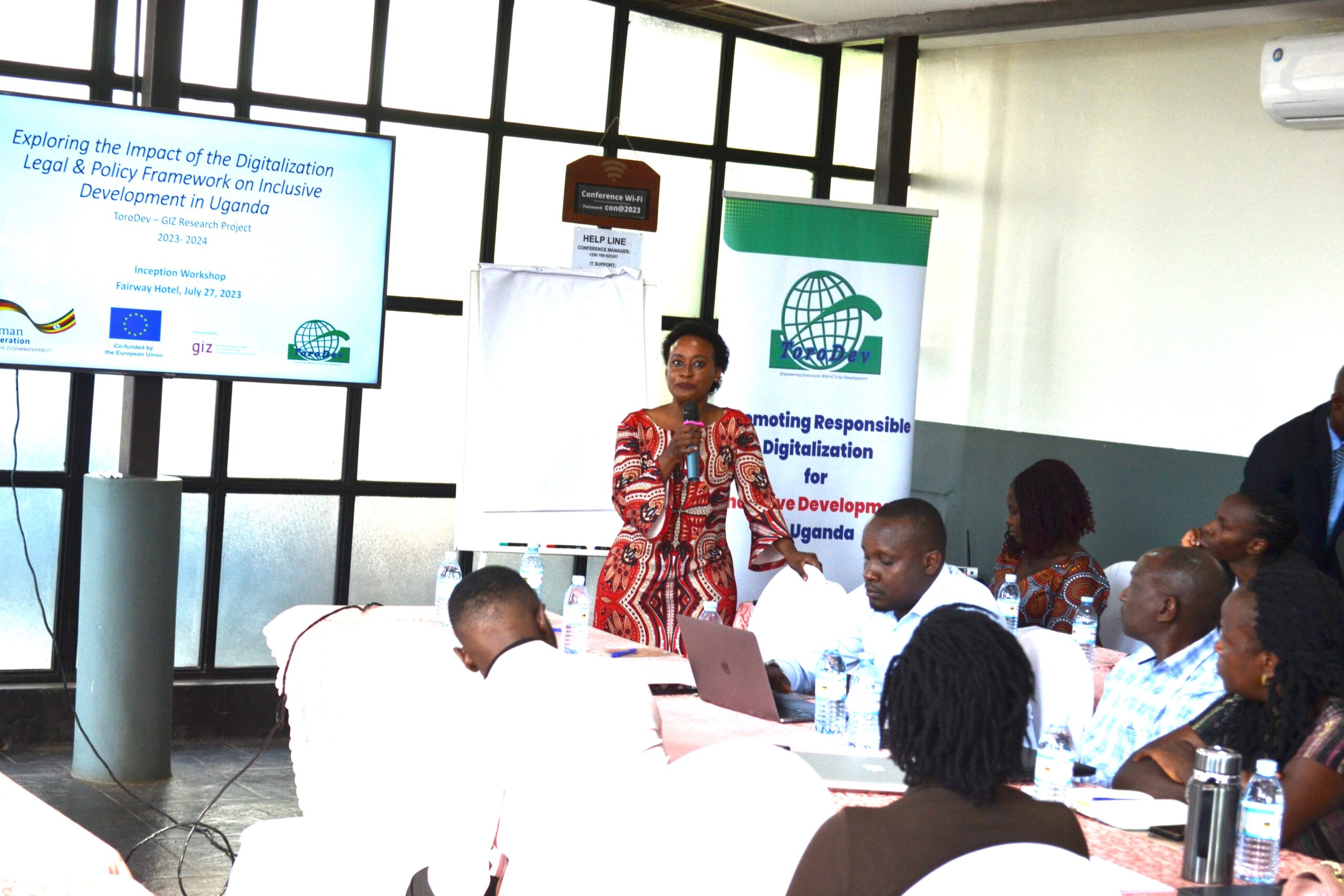- Version
- Download 33
- File Size 49.73 MB
- File Count 1
- Create Date August 22, 2024
- Last Updated October 10, 2024
Urban Data Governance in Uganda: Lessons from and for Newly Created Cities (Report – April 2023)
This is a report of a baseline study on urban data governance in Uganda’s new cities. The study was inspired by the fact that an estimation of 50% of Africa’s population is expected to live in urban centres and/or cities by 2030. Unfortunately, about 62% of those Africans currently living in cities lack quality essential services like water, health care, energy and housing (AfDB & Cities Alliance, 2022). However, a sizeable number of studies on data governance and management of sustainable data ecosystems in cities have revealed the potential of quality data to support the provision of the above quality and relevant services to city residents (Eke and Ebohon, 2020) Moreover, the UN-Habitat (2016) characterized Africa as the fastest urbanizing continent in the world – which is evident in Uganda with 5.2% annual urban growth. The government undertook ambitious steps of elevating fifteen (15) old municipalities into new cities, with ten (10) fully operational in July 2020. However, among others, there were planning gaps in the operationalization of these cities. Addressing these gaps requires quality data and evidence for planning and formulating policies which can enhance effective, sustainable and inclusive service delivery. The need to understand current data governance issues in the created cities prompted this baseline study by ODA in collaboration with Uganda’s national statistics office, UBOS, and the Ministry of Local Government (MoLG), which supervises the new cities.




